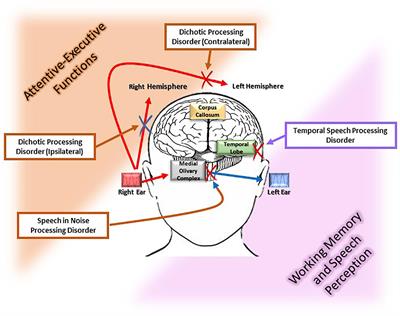

The secondary goal is to examine the effect of age on auditory-processing performance in individuals with ASD relative to age-matched peers.Ī four-group, quasi-experimental design with repeated measures was used in this study.įorty-two adults and children were separated into four groups of participants: (1) 10 children with ASD ages 14 years or younger (2) 10 age-matched, neurotypical children (3) 11 adolescents and young adults with ASD ages 16 years and older and (4) 11 age-matched, neurotypical adolescents or young adults.ĭata from each participant were collected in one test session. The primary goal of the present study is to compare the performance of adults and children with ASD to age-matched, neurotypical peers.

These deficits are evident across multiple domains as exhibited by the results from subjective questionnaires from parents, teachers, and individuals with ASD and from behavioral auditory-processing testing.įew studies compare subjective and behavioral performance of adults and children diagnosed with ASD using commercially available tests of auditory processing.

Auditory-processing deficits are common in children and adults who are diagnosed with autism spectrum disorder (ASD).


 0 kommentar(er)
0 kommentar(er)
